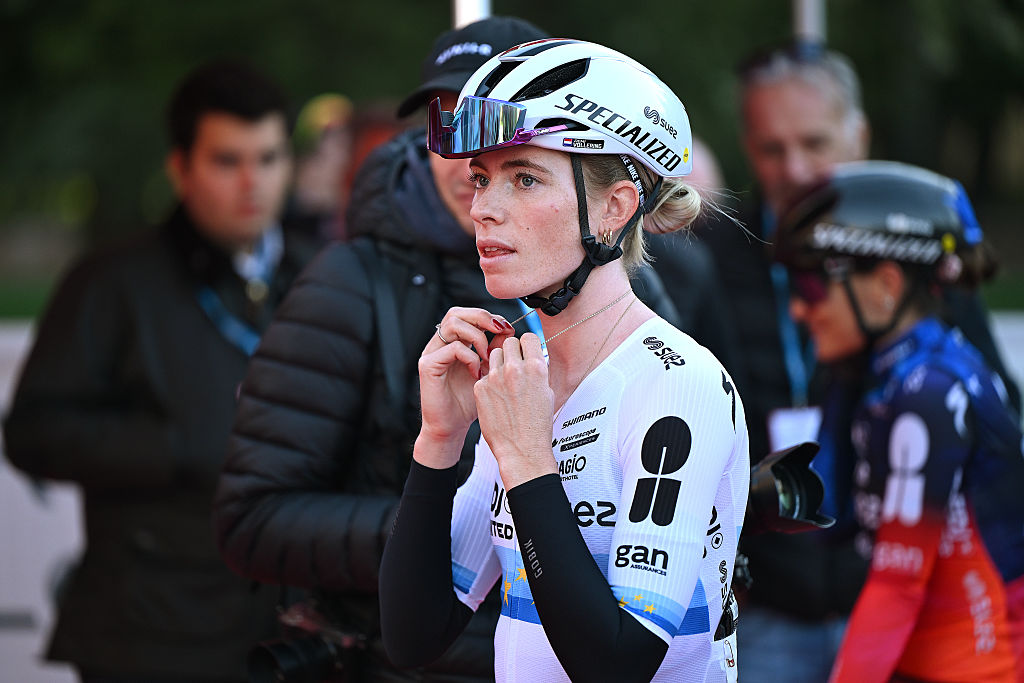Verbruggen rejects Cookson's call to step down as UCI honorary president
Dutchman "proud" of legal cases against Kimmage, Landis and Pound
The latest race content, interviews, features, reviews and expert buying guides, direct to your inbox!
You are now subscribed
Your newsletter sign-up was successful
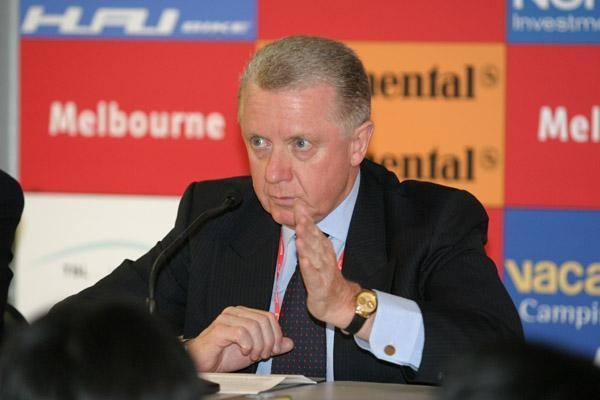
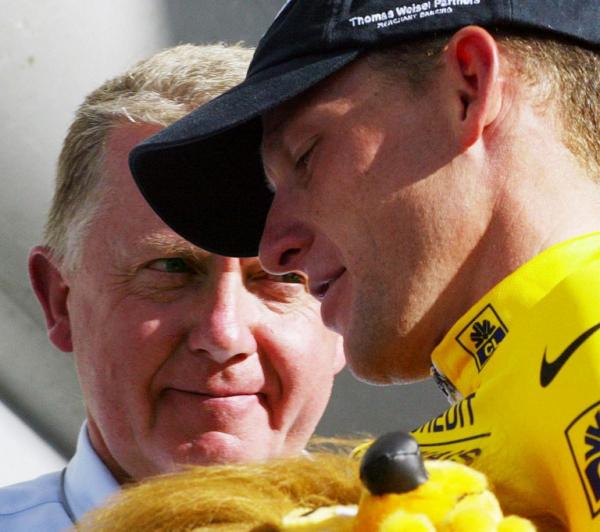
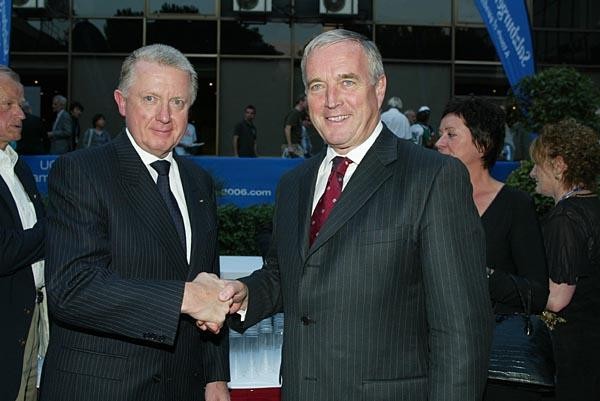
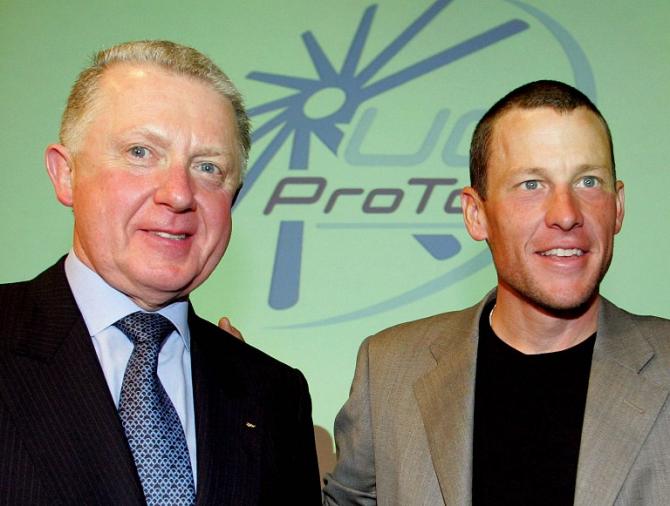
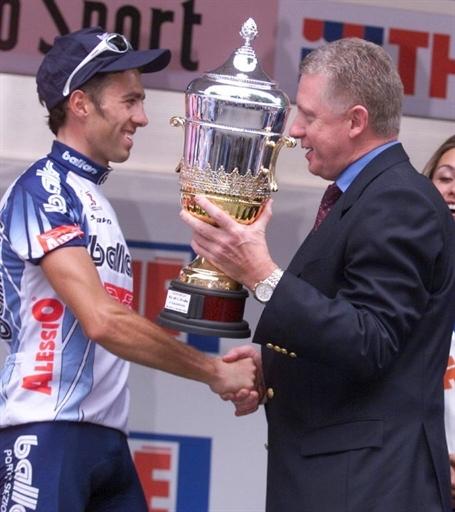
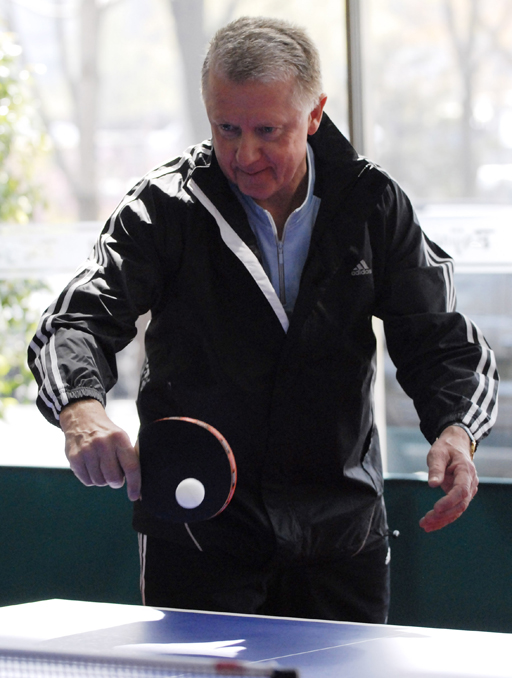
Hein Verbruggen has dismissed UCI President Brian Cookson's call for him to resign his title of honorary president in a long letter to members of the UCI's Management Committee and said that he is "proud" of the legal action he took against Floyd Landis, Paul Kimmage and others who have spoken on the issue of doping in cycling.
Following the publication of the Cycling Independent Reform Commission (CIRC) report last month, which highlighted "numerous examples that prove Lance Armstrong benefited from a preferential status" during Verbruggen's time at the head of the UCI, Cookson wrote to Verbruggen to ask him to step down from his role as honorary president.
In a 3,350-word letter to the UCI Management Committee, however, published in full by Belgian newspaper De Morgen on Monday, Verbruggen questioned the validity of the CIRC report and rejected the appeal for his resignation.
Verbruggen complained about what he termed Cookson's "Honorary President-obsession" and lamented that communication with the Briton – with the exception of a letter dated March 17 – "has never been direct, only through his preferred channel, the media.
"I have the strong impression that both Messrs. Cookson and [UCI director general Martin] Gibbs […] seem to believe that the whole CIRC-saga is over following the publication of the report and the delivery of the much sought after "evidence" that allows them to take away my honorary title," Verbruggen wrote. "Dear Friends and Management Committee Members, it is definitely not going to be that easy.
"Mr.Cookson is in for a surprise if he thinks that I will accept this scandalously biased CIRC-report and the same goes for taking away my honorary title. Indeed, the last word about the CIRC-report has not yet been written. I would like to make you aware that I am having the report analysed by Swiss lawyers."
Although Verbruggen issued a statement on the day the CIRC report was published claiming that it vindicated his actions as UCI president, in this letter he complains that it amounts to a "character assassination." "I worked as President with most of you and I feel sure that you do not recognize this caricature that has been painted of me in the CIRC report based on the testimonies of people who have taken the opportunity to exact petty revenge," Verbruggen wrote.
The latest race content, interviews, features, reviews and expert buying guides, direct to your inbox!
Nonetheless, Verbruggen proceeds to insist that allegations of wrongdoing during his tenure as president "have been thoroughly debunked" by the CIRC report – "but it appears that Mr Cookson still desperately seeks the withdrawal of my honorary title as the 'trophy' he won by setting up the CIRC. Mr. Cookson seems to consider this 'mission' to be the most important element of his presidency."
Verbruggen added that Cookson had called him to discuss his position as honorary president as early as 2012, when Verbruggen's successor Pat McQuaid was still in situ as president and when Cookson was a member of the UCI Management Committee.
"Already, back in 2012, he phoned me (the only call I have ever received from him) to tell me that I should make a "gesture" given the cover-up and corruption allegations," Verbruggen wrote. "His argument was that he was very worried about Pat's position and that I could help Pat with a 'gesture.'"
Following Cookson's election in September 2013, Martin Gibbs spoke to Verbruggen about his position of honorary president, with Verbruggen asking to wait for the outcome of the CIRC inquiry. Verbruggen claims that Gibbs consented and said that he "did not expect the CIRC to find any wrongdoings since he, Mr. Gibbs himself, had worked two years for the UCI and had never noticed any such 'wrongdoings.'"
Verbruggen described Cookson’s appeal for his resignation as "simply a personal revenge campaign against me" and threatens legal action against any attempts to withdraw his title.
"I therefore declare here and now that I will consider the withdrawal of my title to be a 'sanction' and I will NOT accept being sanctioned, especially not by such a person as Mr. Cookson! Be aware that the UCI should be prepared to face legal action against any sanction imposed on me based on either Mr. Cookson declaring me a "dictator", or on the clearly biased CIRC report," Verbruggen wrote.
Legal action
Towards the end of his lengthy letter, Verbruggen claims that CIRC "was set up by Mr. Cookson under pressure from some (mainly) British journalists in order to find proof for their fabricated stories about 'complicity and corruption' that they had written in their books and articles" and he goes on to declare that he is "proud" of the legal cases he opened against journalists and whistle blowers during his time as president of the UCI.
Highlighting the allegation in the CIRC report that between 20 and 90 per cent of riders are doping, Verbruggen suggests that Cookson should take similar action.
"He should stand up to defend his sport and his athletes against these cheap attacks, as indeed I did when I took people such as Messrs. Pound, Voet, Landis and Kimmage to court and lodged an appeal in the Festina-case (and, incidentally, won all court cases to date!).
"Even this defence of our sport is now being used against me by the CIRC and Mr. Cookson. But make no mistake, I am proud of it. I defended our sport (not doping!) when we were being unfairly treated and receiving undeserved criticism. In doing so, I defended also the reputation and the integrity of the UCI anti-doping workers, be it staff or volunteers! Instead of taking away honorary titles, Mr. Cookson should rather follow the example of this "dictator" and defend his sport and his athletes in the same way as I did."
Verbruggen concludes by criticising the first 19 months of Cookson's presidency, contrasting it with his own tenure. Cookson's policy, he writes, is "characterized by a total lack of decisions."
"Not taking decisions was also something that did not happen in the Verbruggen-era as most of you know well," Verbruggen writes. "But taking decisions is what is now referred to as being 'dictatorial.'"

